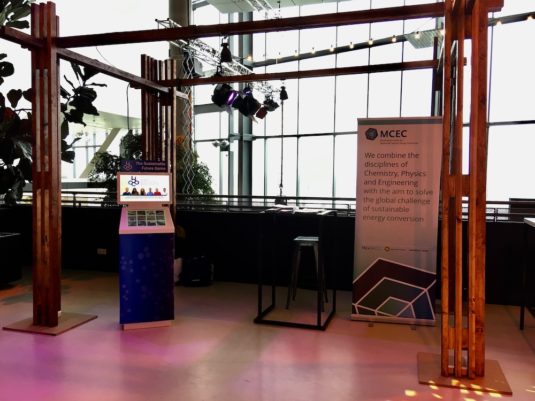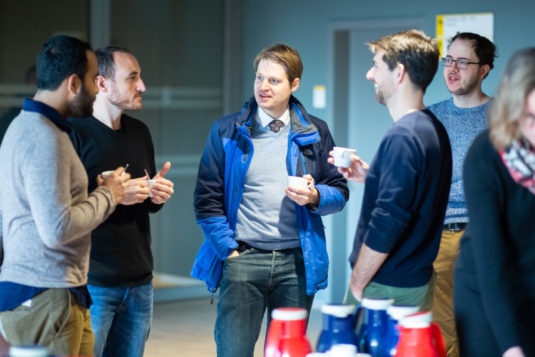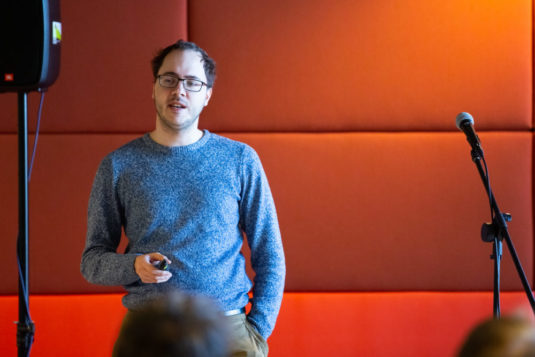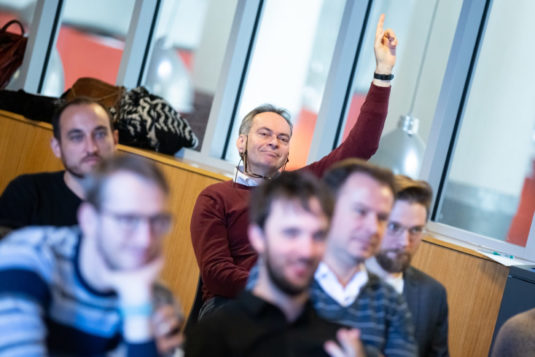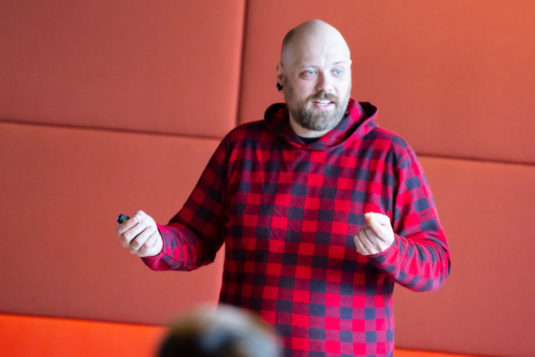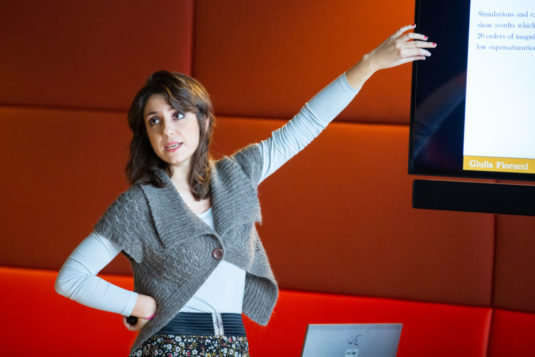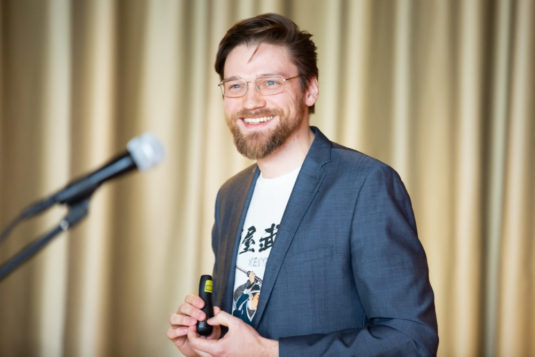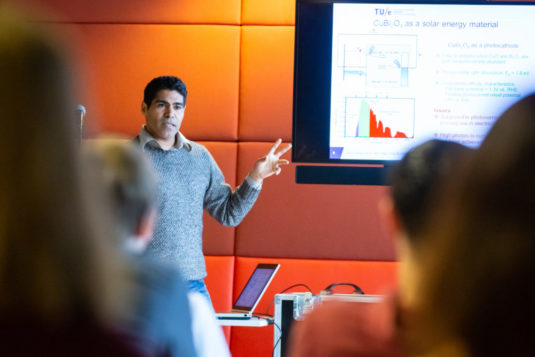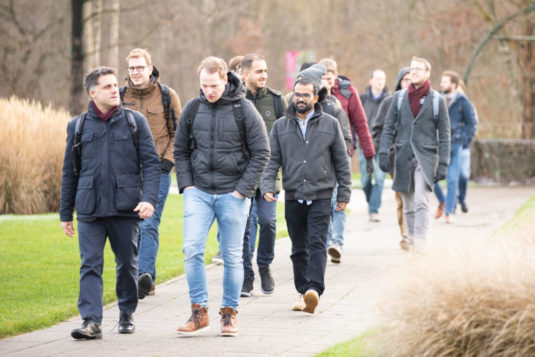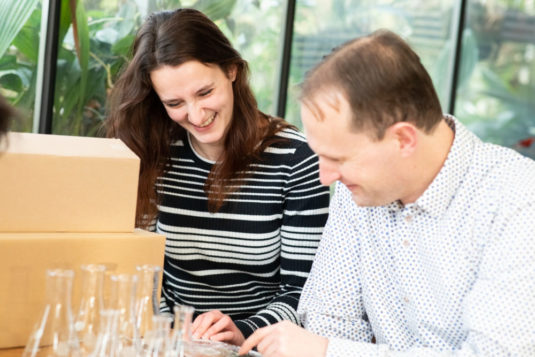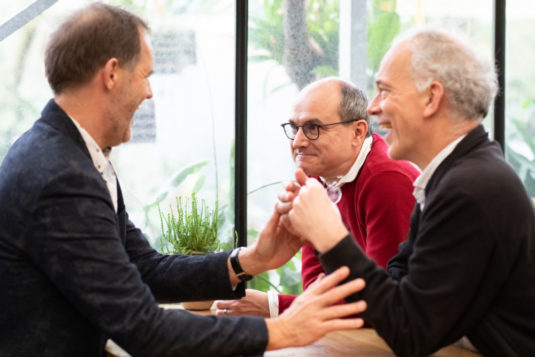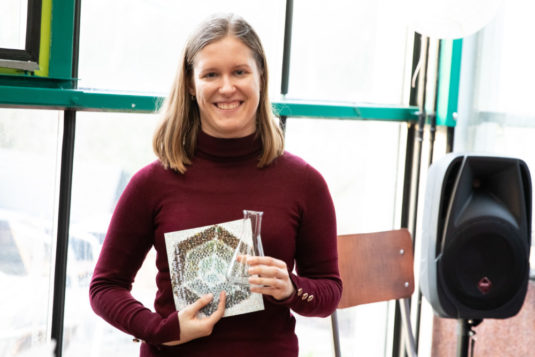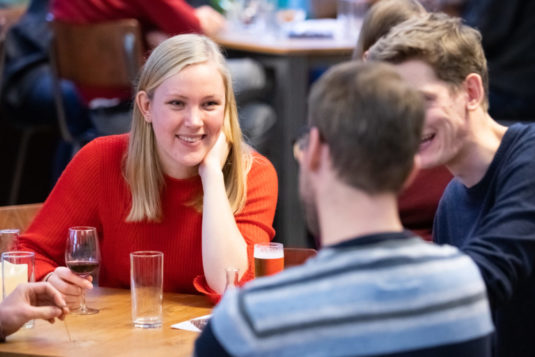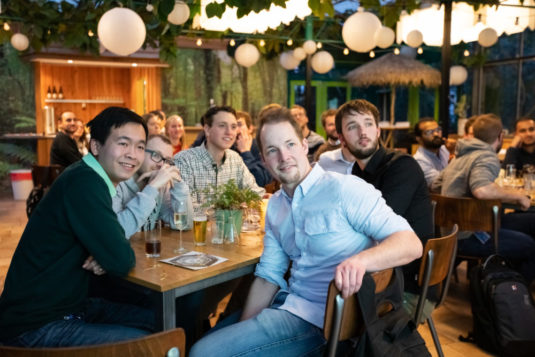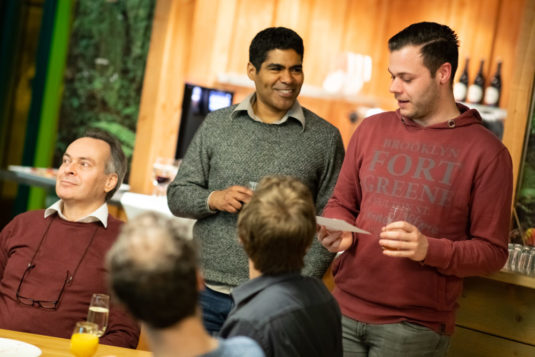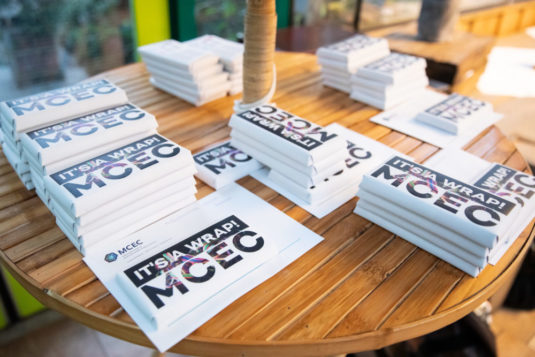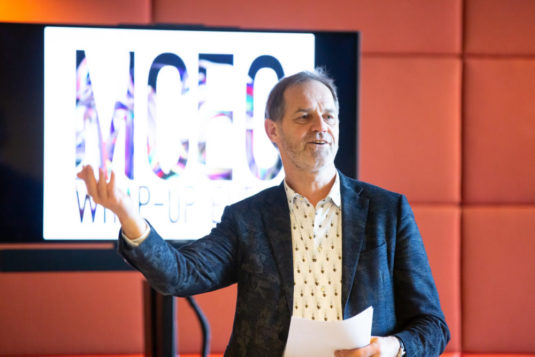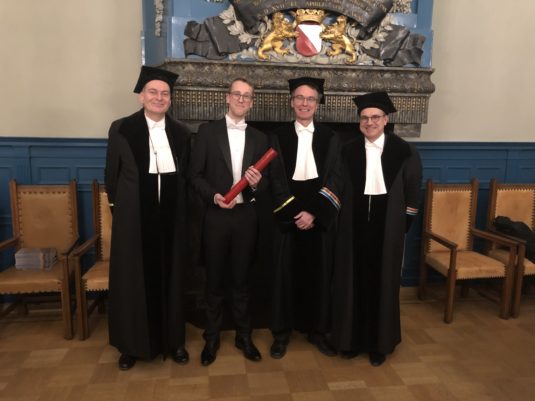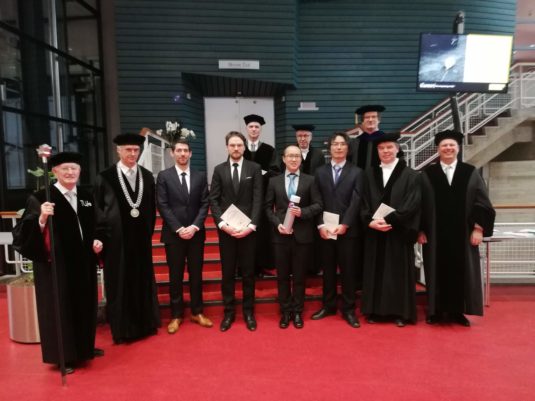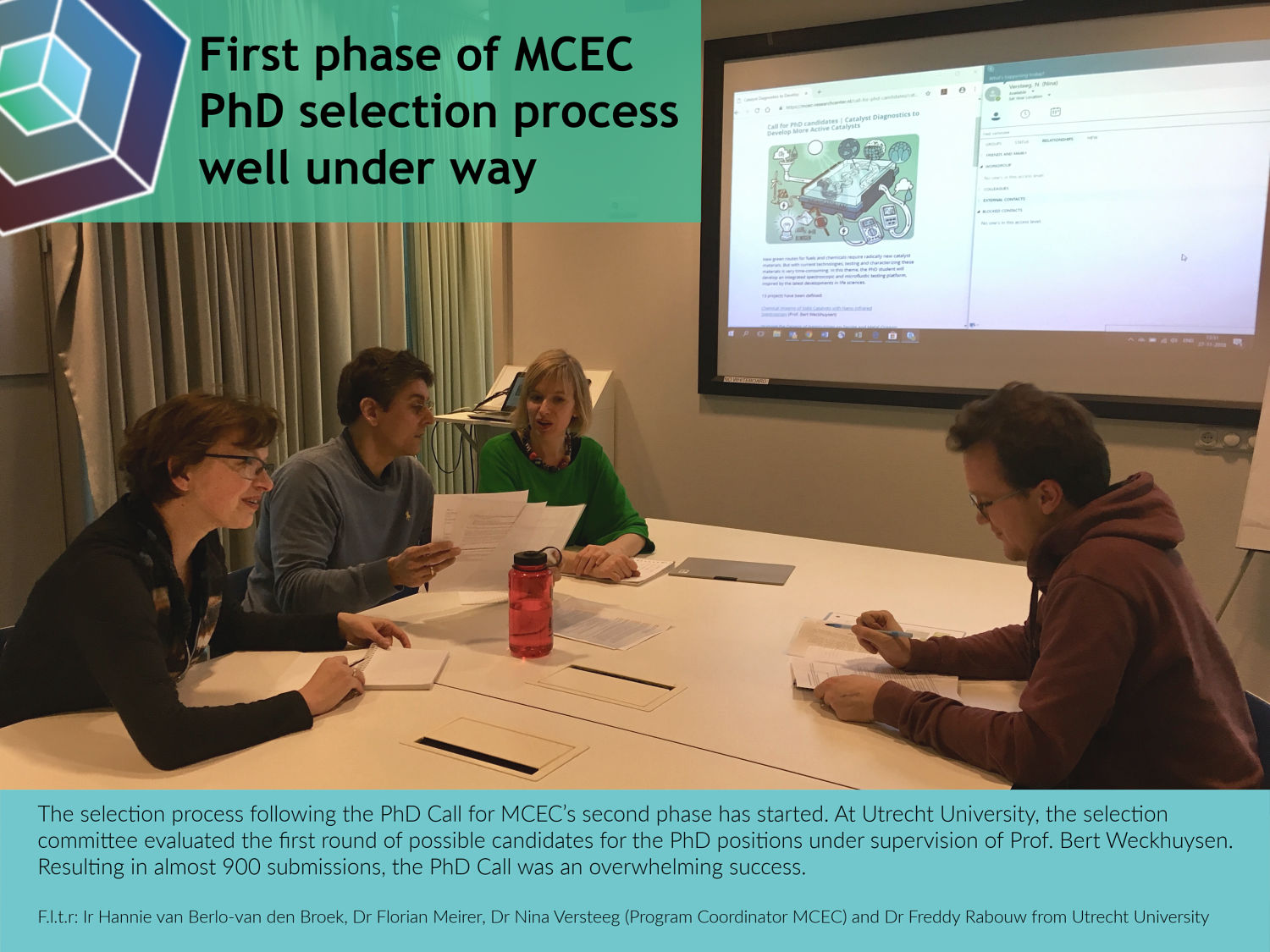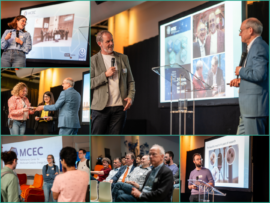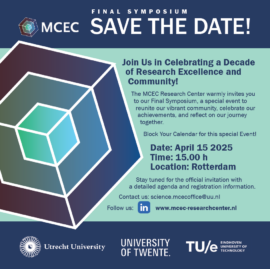In October, November and December, three MCEC PhDs will defend their PhD dissertations: Ivan Devic (UT, 26 Oct.), Jiangtao Lu (TU/e, 19 Nov.) and Robin Geitenbeek (UU, 19 Dec.). We asked them about their research, their time at MCEC and of course and the contents of their dissertation. You can read their responses below. We wish Ivan, Jiangtao and Robin all the best and good luck with their defence!
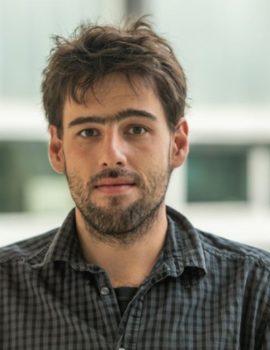
Ivan Devic: Wetting and dewetting effects of bubbles, droplets and solids
Supervisor: Prof. Detlef Lohse
University of Twente
Friday 26 October 2018, 16:30
More information & location
Could you tell us a little more about your dissertation?
The present dissertation explores many morphological properties of bodies in the presence of capillary interactions (surface tension). We obtain stable bubble/droplet shape by minimizing its interfacial energy, which in a case of a patterned substrate gets mathematically complicated. Throughout the thesis we have used many experimental and numerical techniques. Since the field itself is still very multidisciplinary, we’ve realised many collaborations as well.”
How do you look back on your time as a MCEC PhD?
I consider myself very lucky that I got to be part of the “first MCEC generation”, since I really enjoyed spending time with my MCEC peers on our project meetings. Even though there were too many meetings in my opinion, I never got tired of my fellow PhDs.
What is your biggest motivation?
I wish I knew.
[Excerpt from the 2016 MCEC PhD Interview for the internal newsletter.]
Have you found your biggest motivation yet?
Yes, I have. It is to use all the education obtained, to control my life; not the other way around.
What’s next?
The complete net sum of my plans are as follows: go back home, and relax. I’ve decided to take a breather before embarking on new adventures.
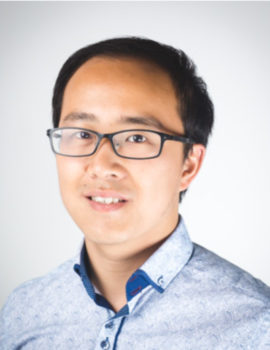
Jiangtao Lu: Direct numerial simulation of couled heat and mass transfer in dense gas-solid flows with surface reactions
Promotor: Prof. Hans Kuipers
Supervisor: Prof. Frank Peters
Eindhoven University of Technology
Monday 19 November 2018, 13:30
More information & location (t.b.a.)
Could you tell us a little more about your dissertation?
An efficient ghost-cell based immersed boundary method is developed to perform direct numerical simulation of coupled heat and mass transfer problems in fluid-particle systems, which provides insights in the interplay among mass transfer, chemical transformations and heat effects.
What, to you, is the most important result from your research?
It is the first time in the research of chemical engineering that the immersed boundary method is applied to modeling of realistic catalytic reaction processes.
How do you look back on your time as a MCEC PhD?
MCEC is well organized. The autumn school every year consists both knowledge-learning and fun-enjoying. MCEC also encourages collaboration, which provides me a chance to produce a joint paper.
What do you enjoy the most about your research?
Some innovative technique never done by other people before.
[Excerpt from the 2015 MCEC PhD Interview for the internal newsletter.]
Is that still the case?
Doing something innovative has indeed been the most exciting thing during my PhD research. As I focus on modelling, writing codes and finding bugs are permanent challenges and I always enjoy those.
What’s next?
Throughout my PhD years, I found my personality is more suitable for academia. I study, and think about problems quietly, and then merge myself into the process of solving a problem. But industry requires a more outward personality, which means fast but superficial solutions, good talking skills and interacting with a lot of different people all day long. It’s something I can do, of course, but it requires changes and it might not be comfortable for me. So, I’ll probably stay in academia. In the following years, I will do a PD at ARC CBBC.
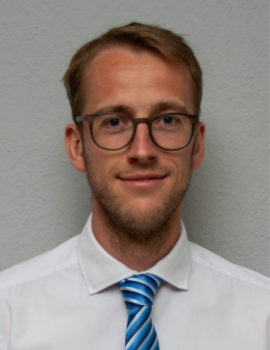
Robin Geitenbeek: Luminescence Thermometry: Fundamentals and Applications
Promotors: Prof. Andries Meijerink, Prof. Bert Weckhuysen and Prof. Alfons van Blaaderen
Utrecht University
19 December 2018, 16:15
More information & location (t.b.a.)
Could you tell us a little more about your dissertation?
My dissertation is about monitoring temperature by looking at light. We have prepared special nano- and microparticles that have temperature-dependent luminescence. By monitoring this luminescence using light microscopy we have been able to determine temperatures up to 900 K with a spatial resolution of up to at least 10 µm.
Looking back at your research, what are you most proud of?
The thing I am most proud of is the fact that a lot of people are now using the technique that I developed in Utrecht. Some of the showcases performed in my dissertation were done to demonstrate the potential of Luminescence Thermometry. However, there are also chapters in my thesis in which the research started with a problem statement and I helped by performing measurement to clarify the strange results. It seems it’s really applicable!
How do you look back on your time as a MCEC PhD?
I had a lot of fun in the MCEC group. For me, there has been added value. I enjoyed my time in Team Community, during the annual meetings and especially the social activities with my fellow MCEC colleagues.
What do you enjoy the most about your research?
Working together with people. I have a lot of students which I have to supervise and I really like to do that. Collaborations are also something I am actively looking for. At the moment I am supervising a student together with Anne-Eva. Jeroen, Anne-Eva and myself are looking at the possibilities for collaborations between our projects.
[Excerpt from the 2016 MCEC PhD Interview for the internal newsletter.]
Now that you’re (almost) done, have there been other things that you found enjoyable? Or is there maybe a different scientist or historical figure you’d like to offer a beer?
I also enjoyed writing my thesis and articles. Although it can be tedious, it also gives a lot of satisfaction once a work is finished, submitted, peer-reviewed, rewritten and finally accepted! I guess in that sense I would like to enjoy a beer now with the person who invented coffee as a drink. Really started to appreciate that more the last few months of writing!
So now that you can’t put off thinking about the future any longer (see final question in the 2016 interview), have you been able to make a well-balanced decision yet?
I actually already partially answered this question during the previous interview! I was really still in doubt what I wanted to do. I have thought about teaching and I followed some courses on this topic. However, I think I would be bored too fast with a pure teaching job. I think my new job still needs to have an element of research in there. I prefer to stay at the University (although I don’t think I would like to do a post-doc) and otherwise a job as scientist in a research institute or company also sound very appealing!
